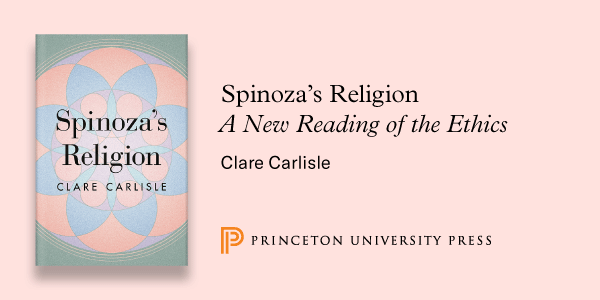This proposal runs contrary to popular pedagogical trends that insist upon relevance to current social issues and the experiences of our students. This kind of relevance has value, of course. But it also involves costs. When everything is addressed to contemporary circumstances, we lose sight of the contingency of our current political landscape. We succumb to the temptation to see our own political moment as eternal. This robs us of opportunities to envision a political future where our present divides are obsolete, not because our opponents have been vanquished but because they have been changed.

The task calls for occasions of social distance. One must remove oneself from the pressures to conform to partisan expectations. Accordingly, one needs to separate from one’s allies and adversaries alike. One needs solitude, distance of the kind that permits one to grapple with political ideas that are not prepackaged in the idiom of contemporary partisanship. One needs to encounter ideas that can provoke thinking instead of partisan reflexes. This enables reflection that demonstrates that the spectrum of democratic opinion is both wider and deeper than what can be slotted into today’s political categories…
In a recent essay, Robert Talisse (Vanderbilt), concerned with belief polarization and other aspects of political discourse that lead disagreeing citizens to demonize each other, discusses the value of getting some distance from the heated disputes of the day:

The key to mitigating belief polarization is to expand one’s sense of permissible doctrinal variation among one’s allies. Once one acknowledges that significant disagreements can persist among allies, it becomes easier to engage reasonably with one’s opponents…
You can read the whole essay here.
It’s not unusual for philosophy professors to think it’s important to demonstrate to their students the relevance of course material to current events, both because of the importance of those events and also to maintain student interest. But there may be value in keeping a distance from today’s news and issues.
[gif from “Matches” by Tomohiro Okazaki]
I’m curious if others have embraced this kind of “distancing” as an objective in their own teaching, or have adopted other approaches to help students remove themselves from conforming political pressures, or who even think this pedagogical aim is a mistake.
I am a political philosophy professor, so it may come as no surprise that I think one way to achieve distance is by reading moral and political thought written in other eras, addressed to unfamiliar audiences, and by grappling with unfamiliar problems. The key is to engage with such works as foreign to our own context, to see them as remote. We need to resist the impulse to pulverize everything into the present political idiom.
Related: Teaching Philosophy as the Search for Complication




